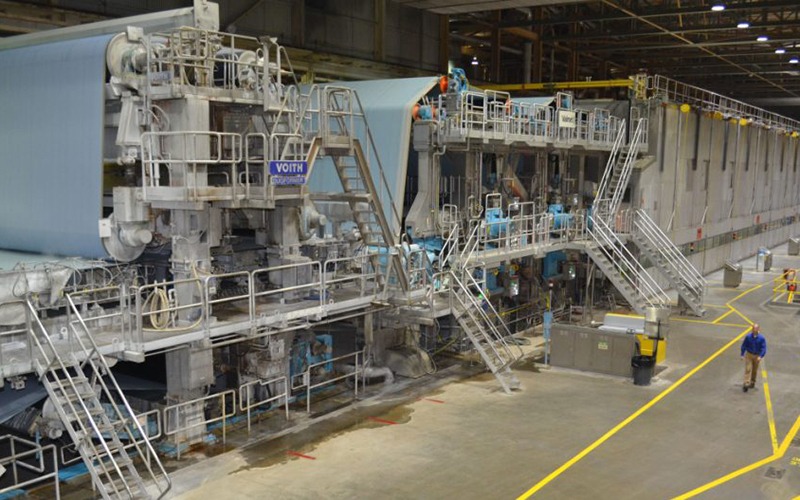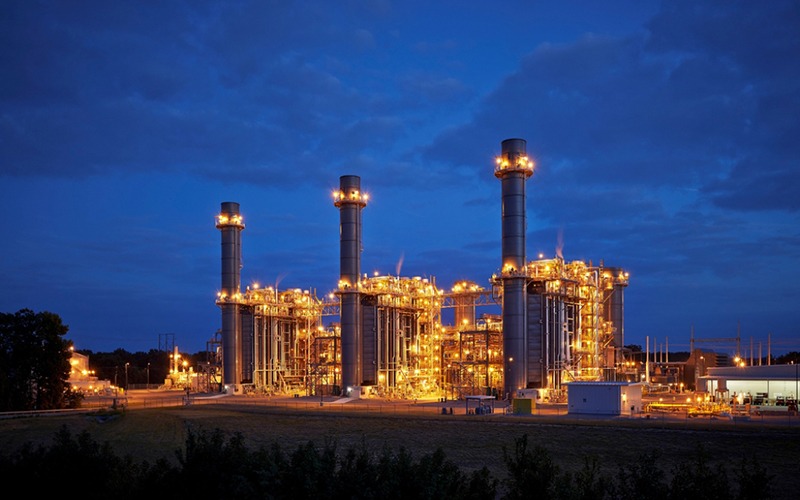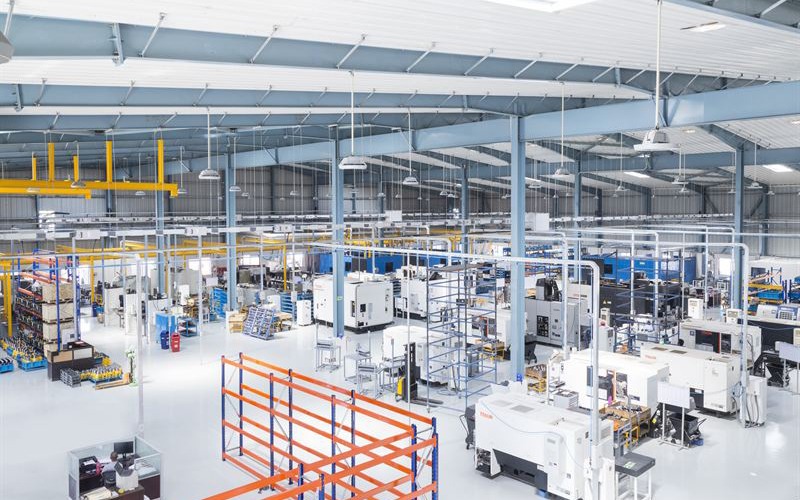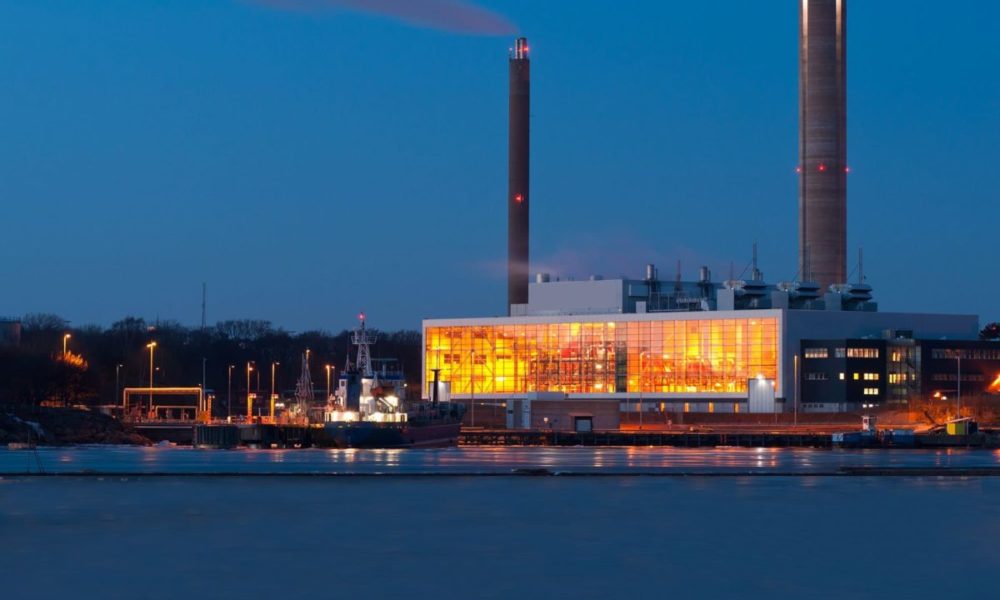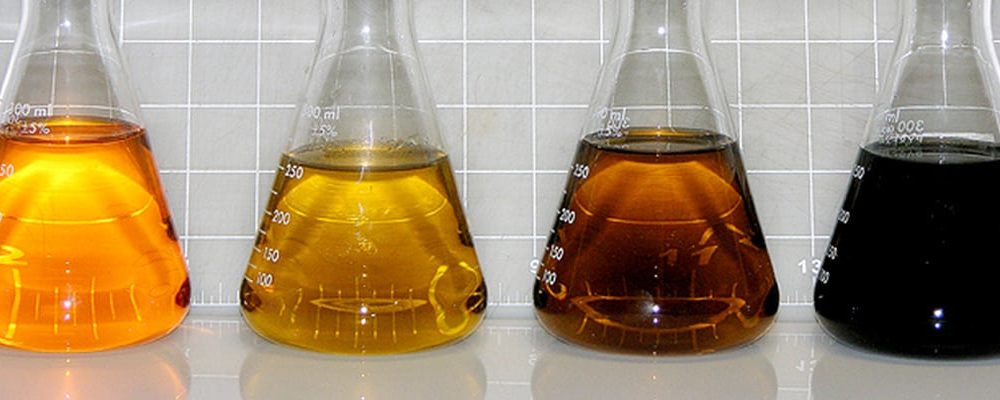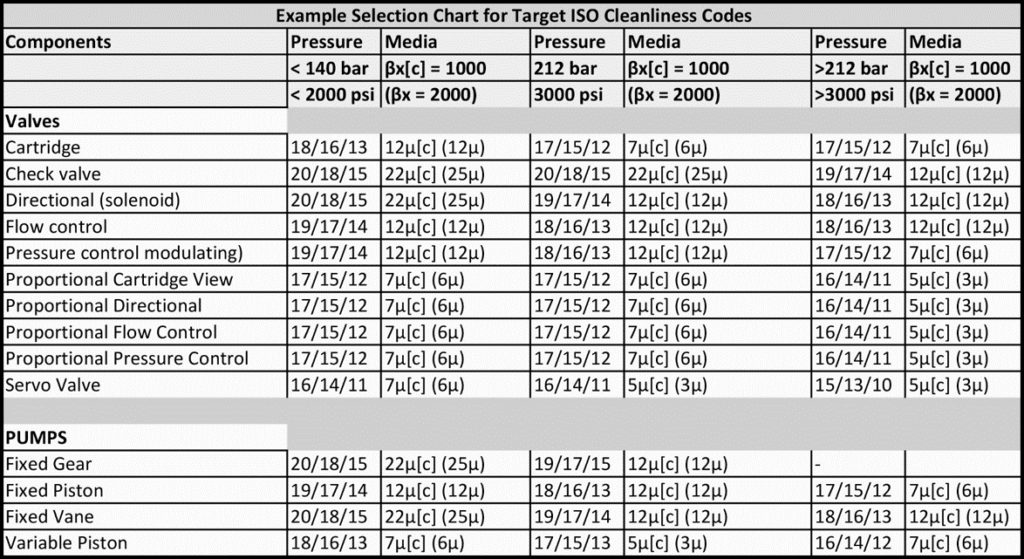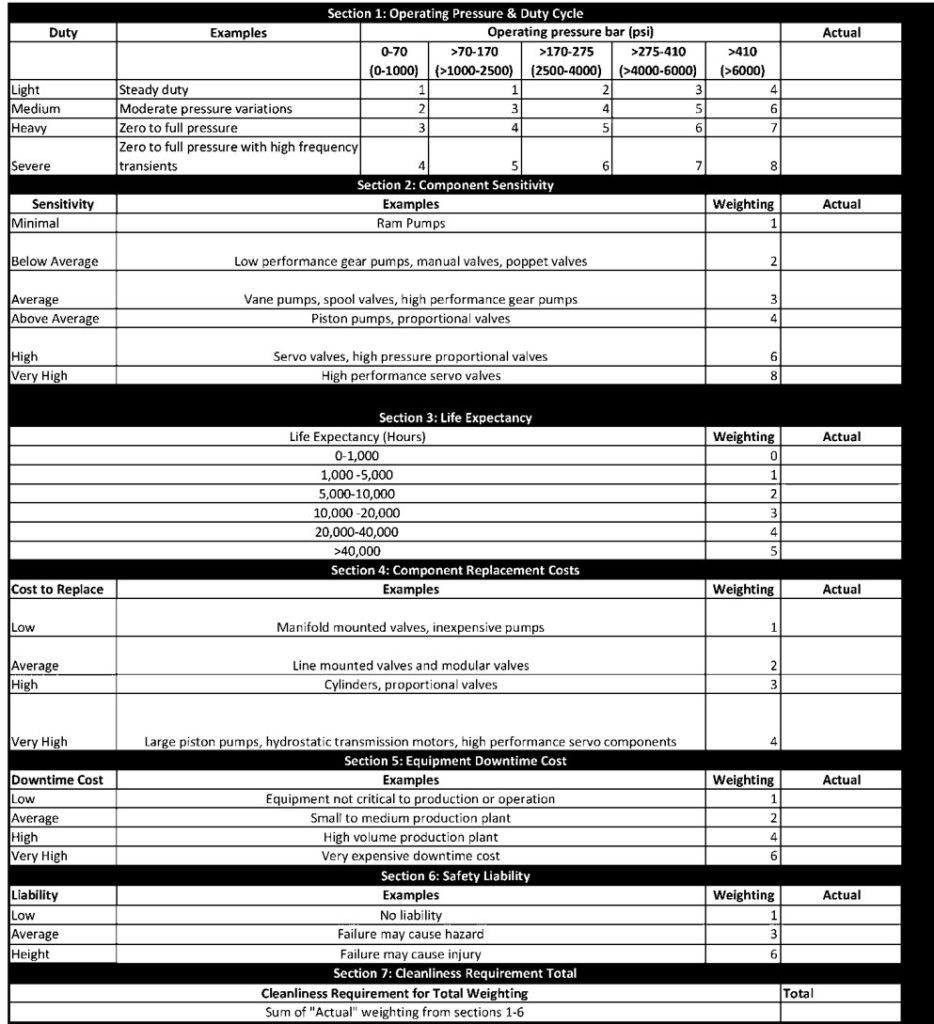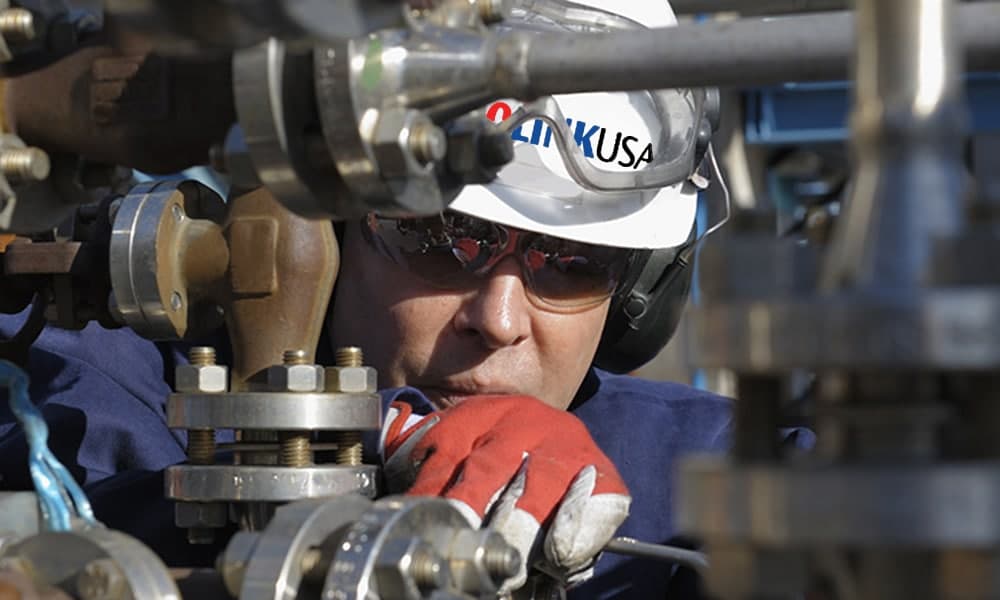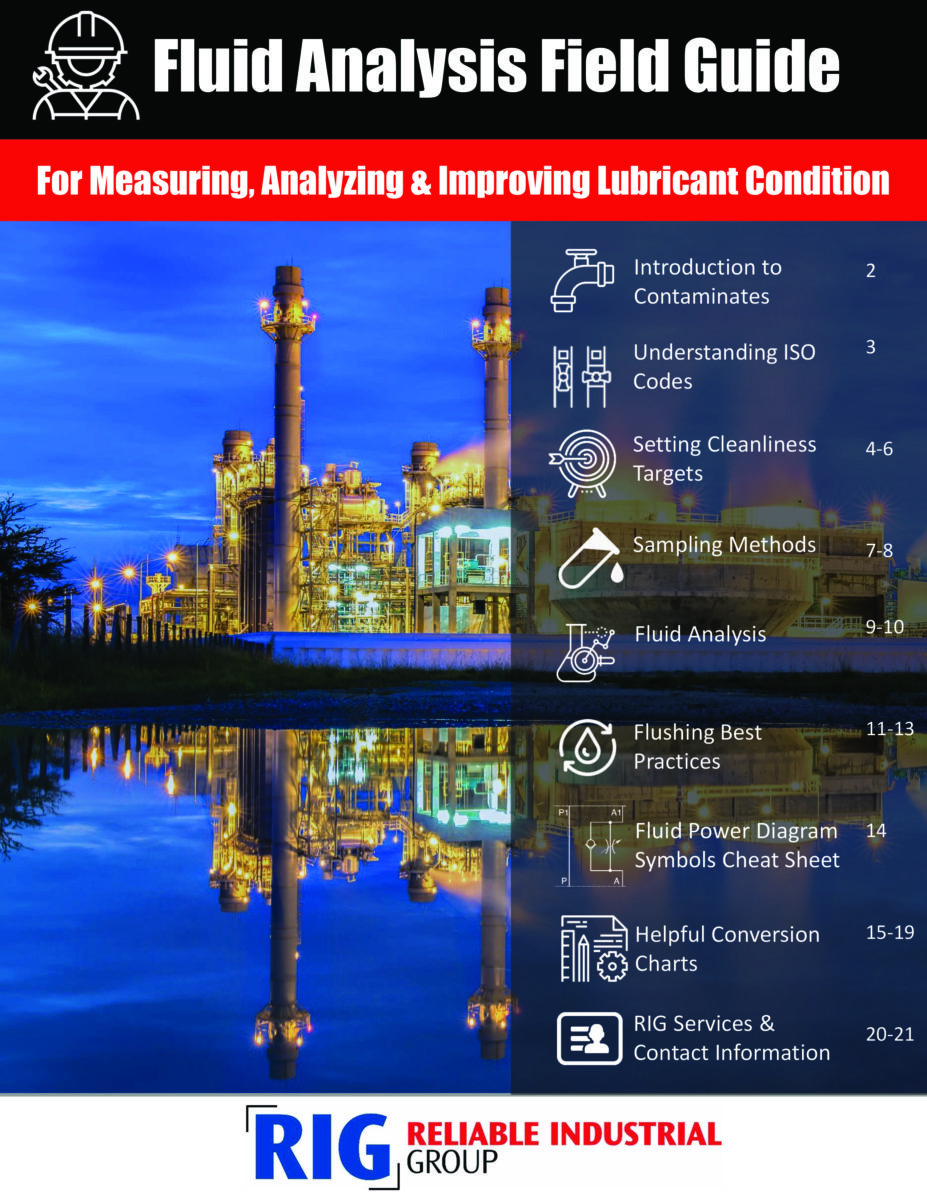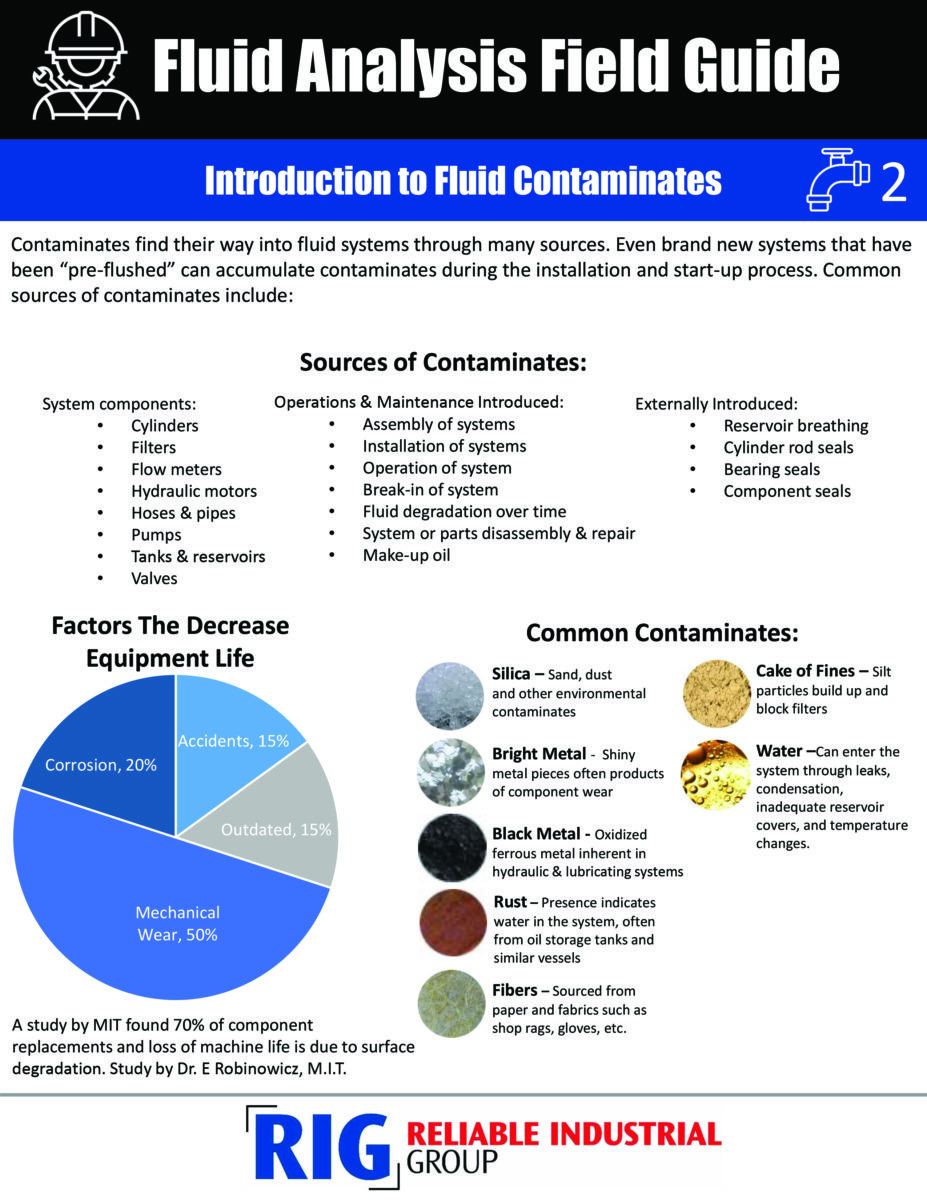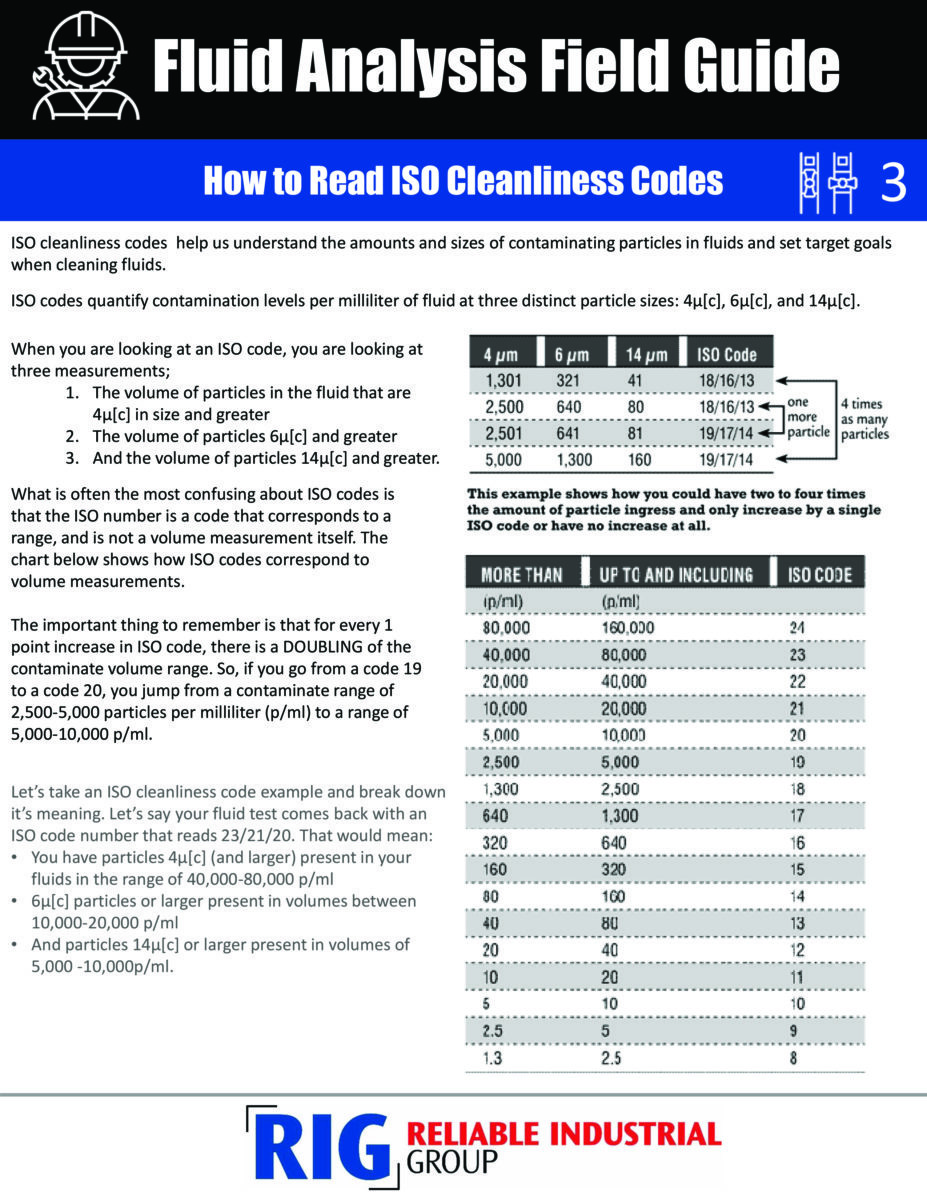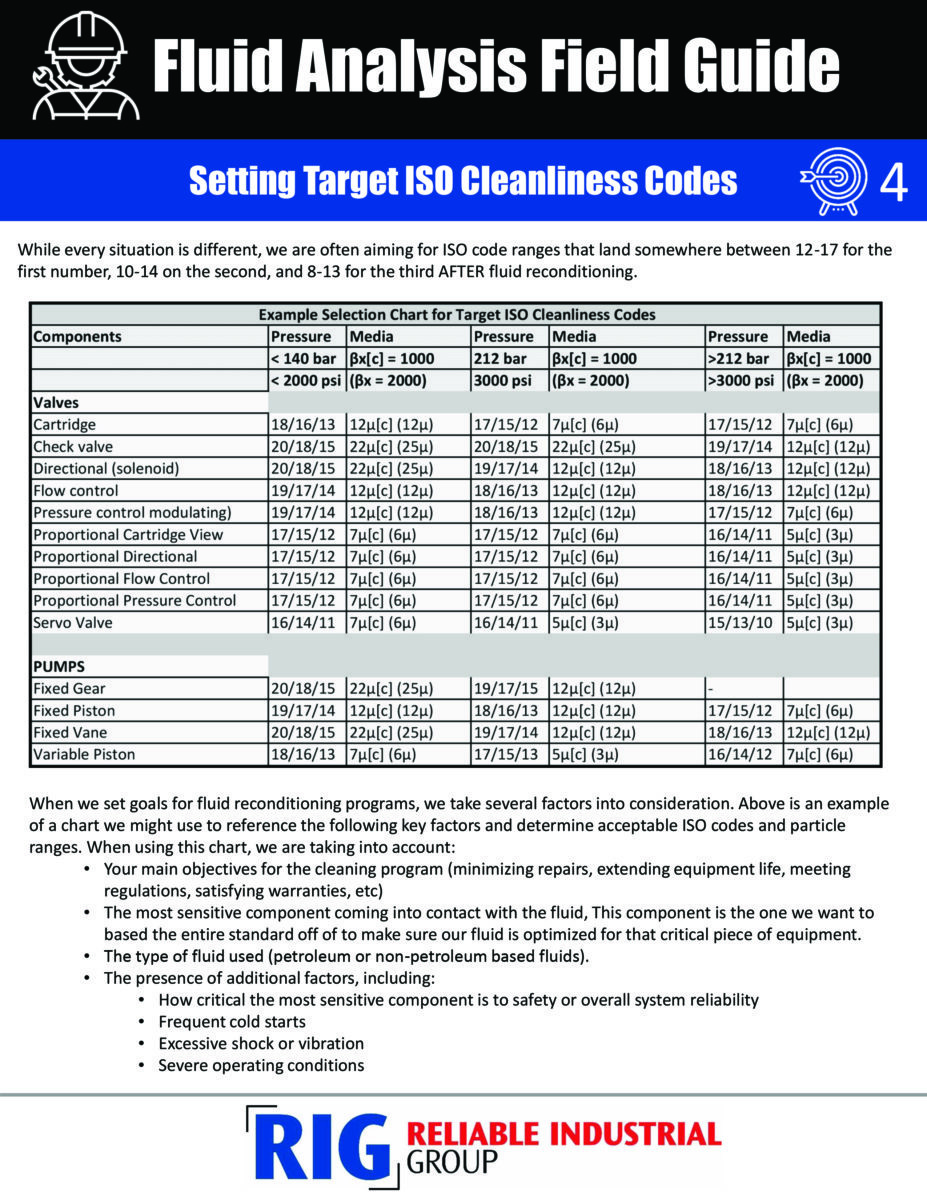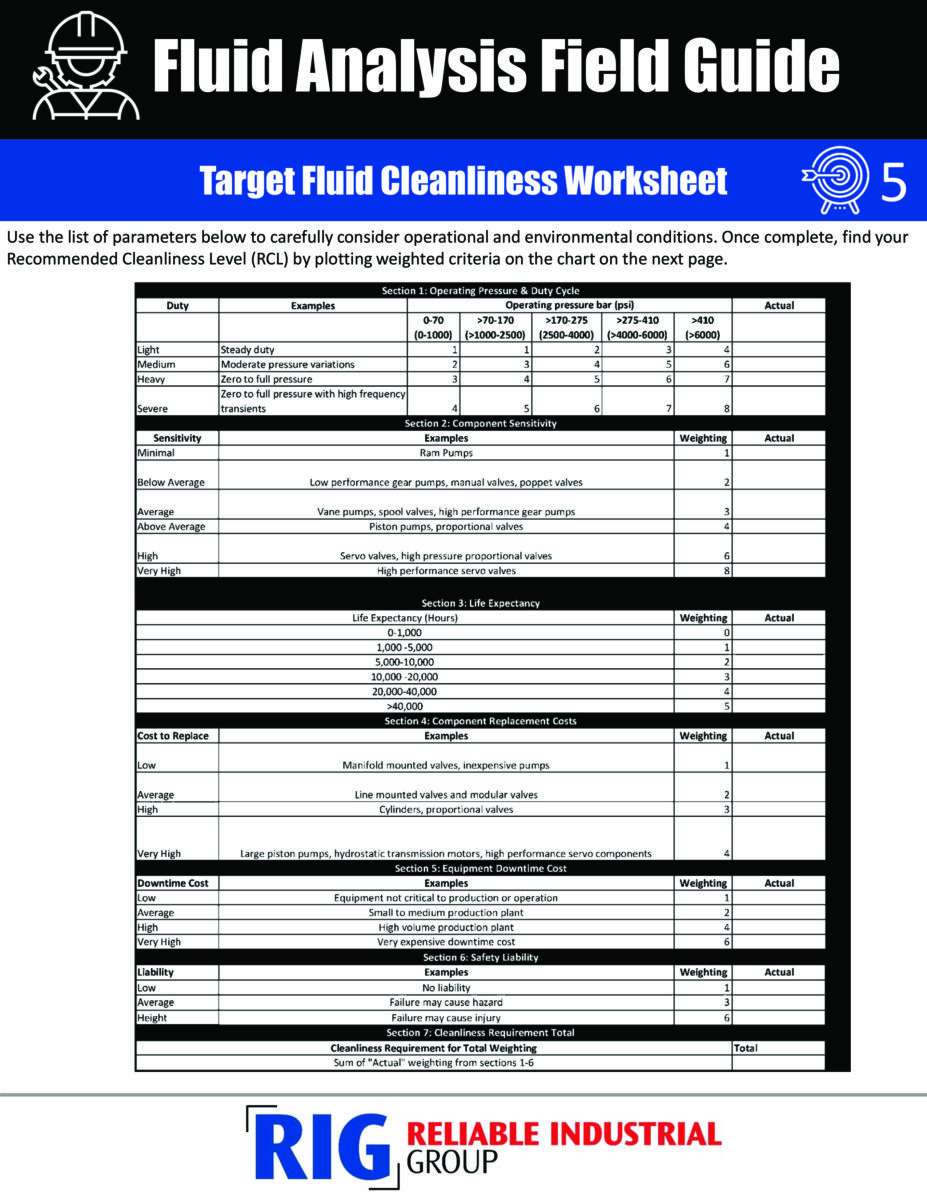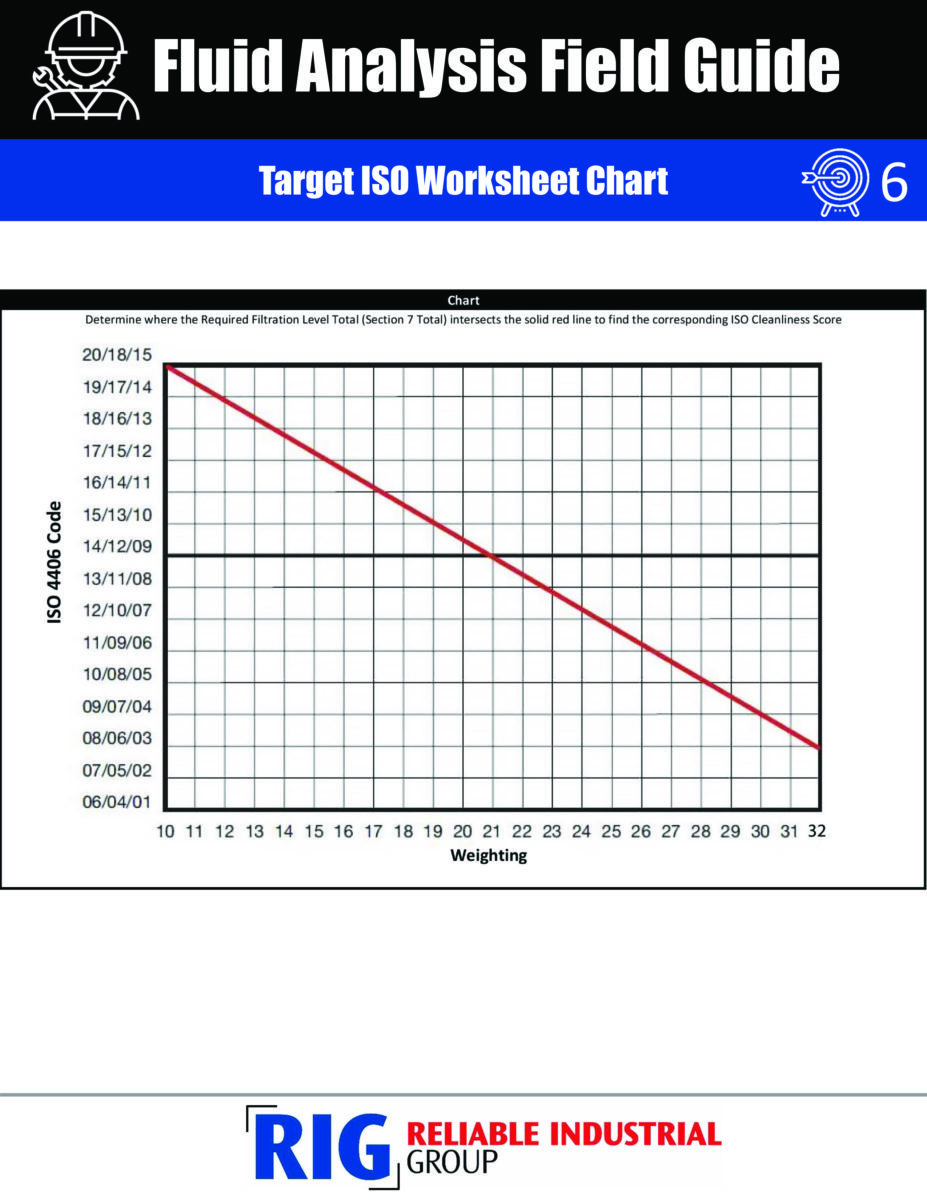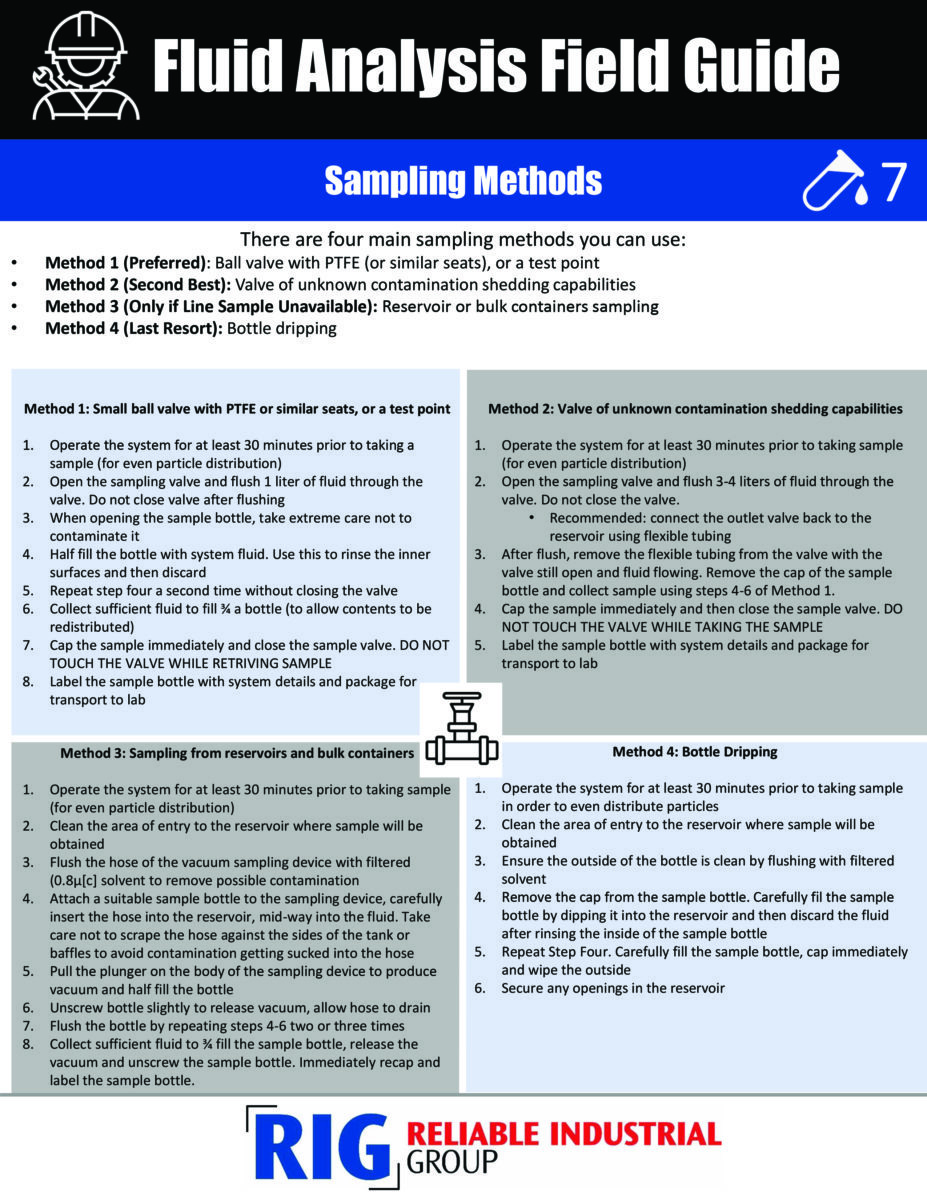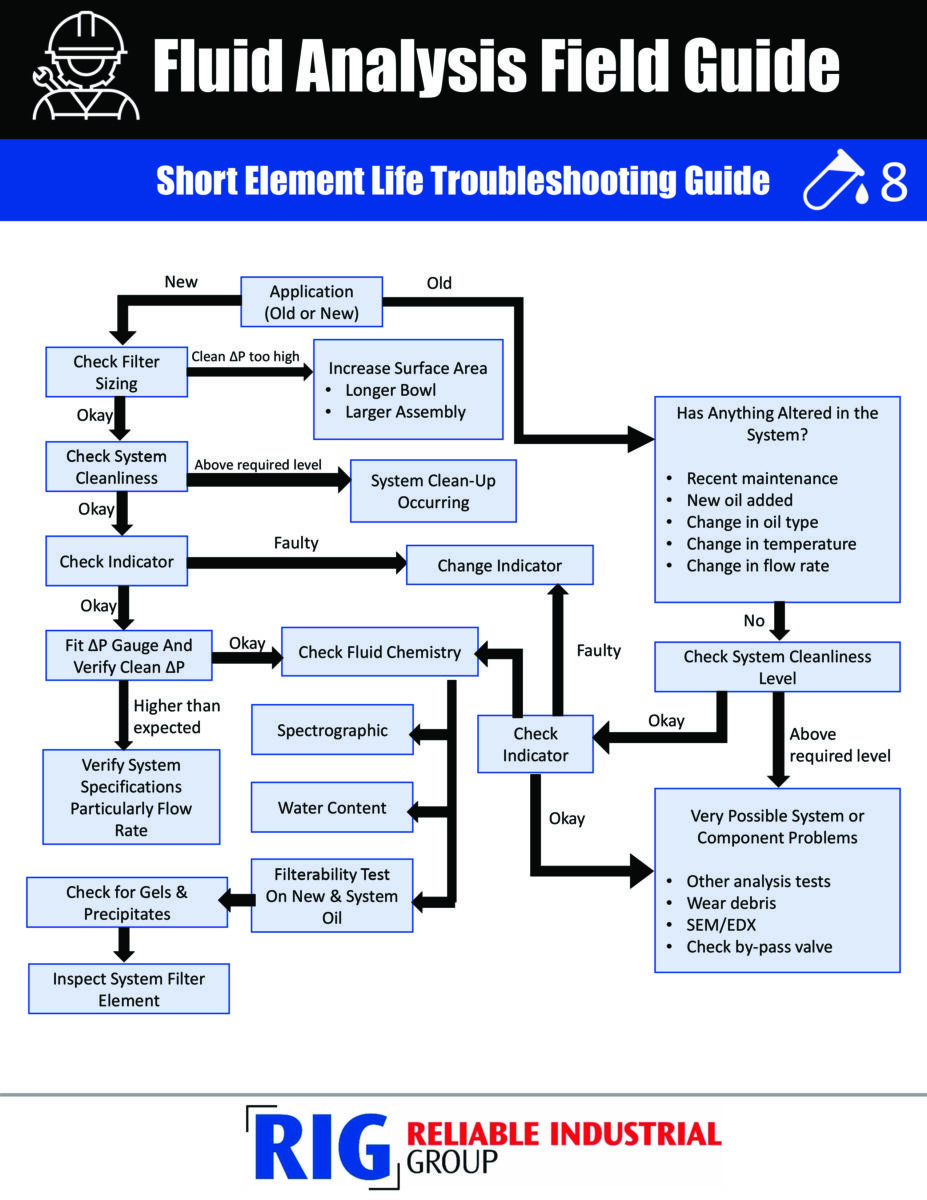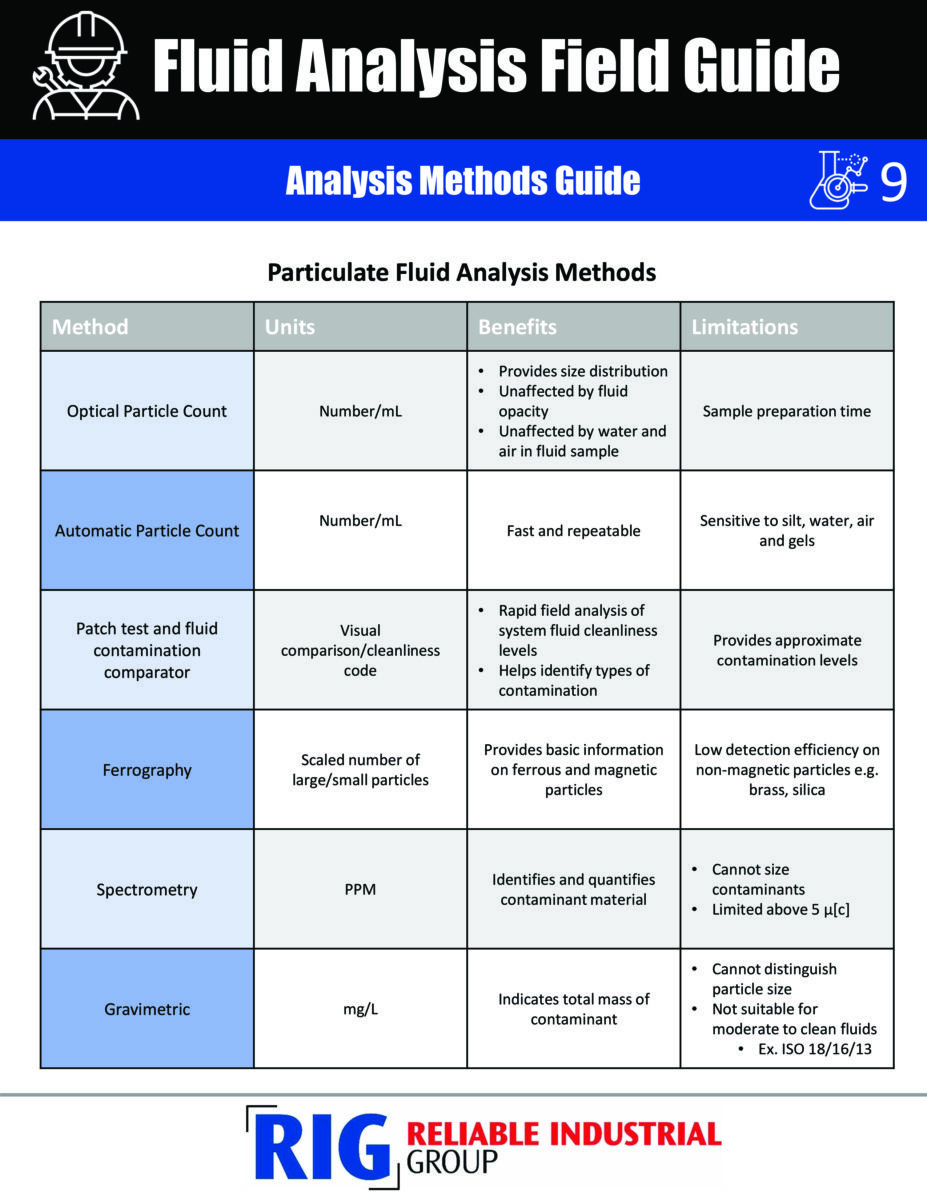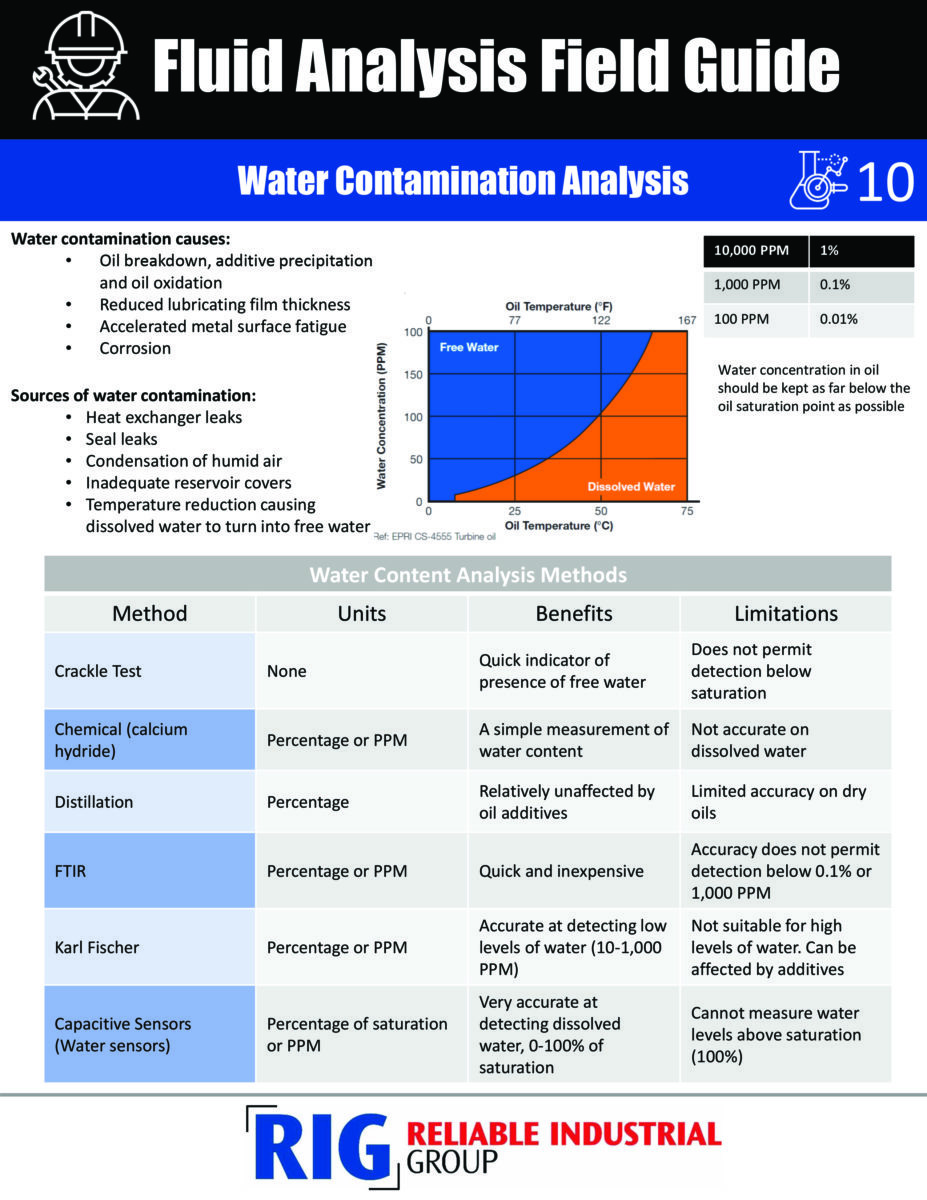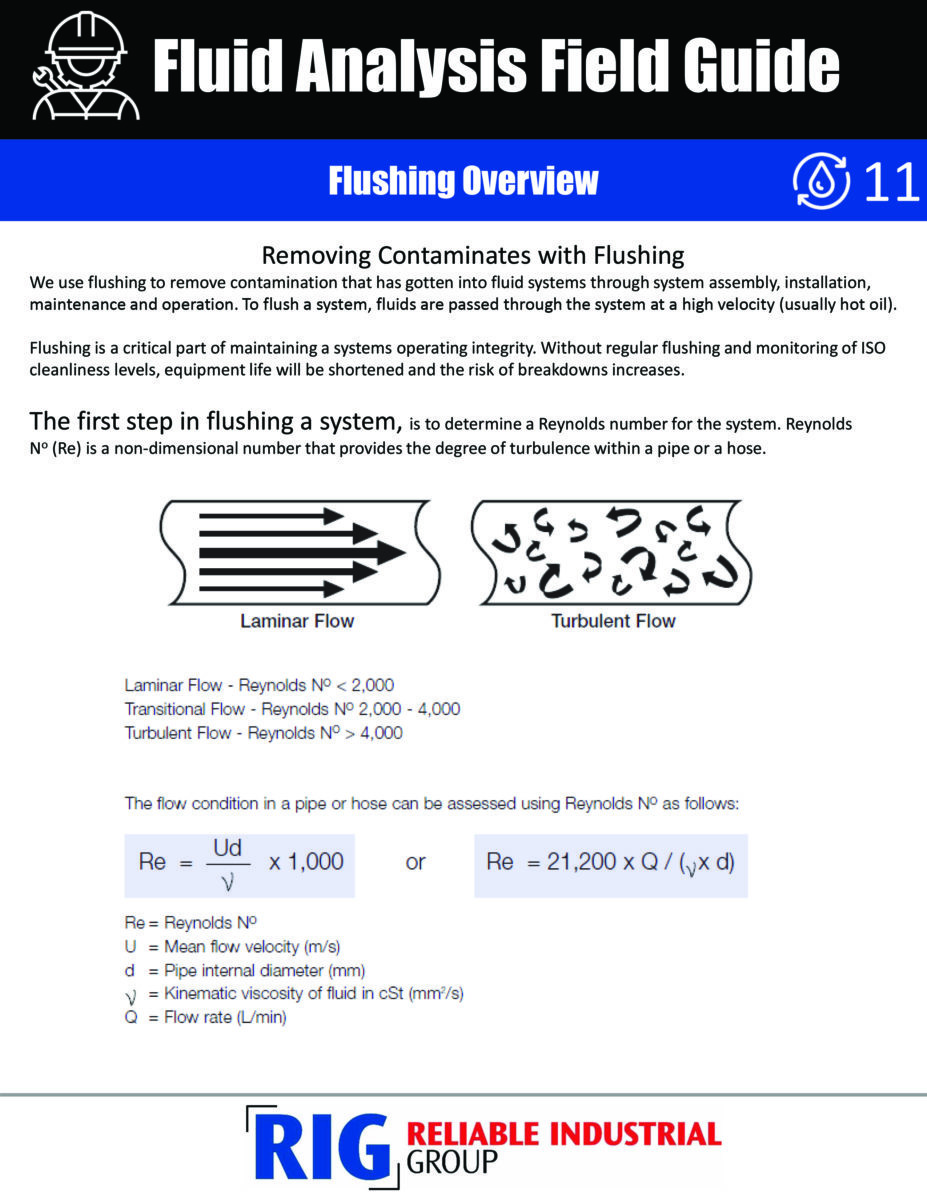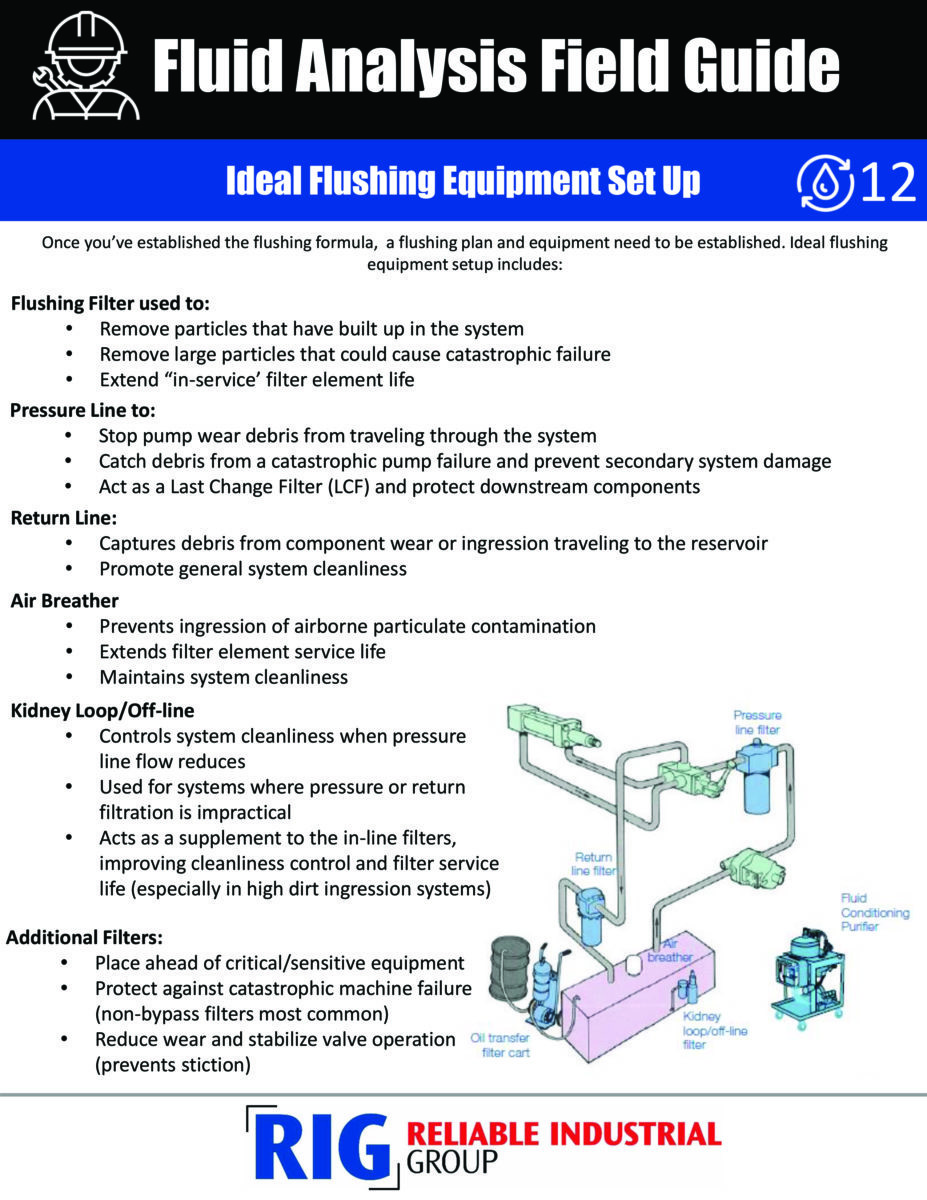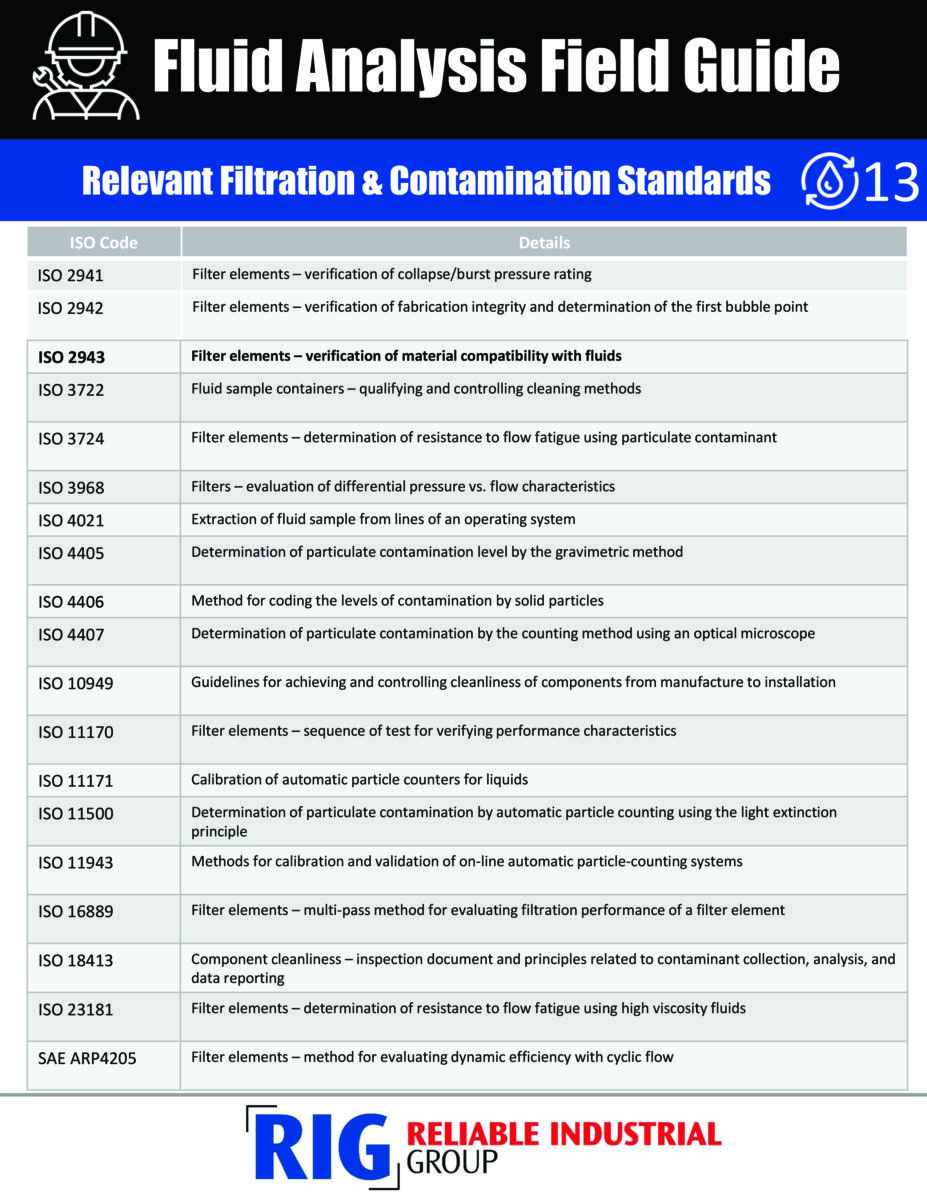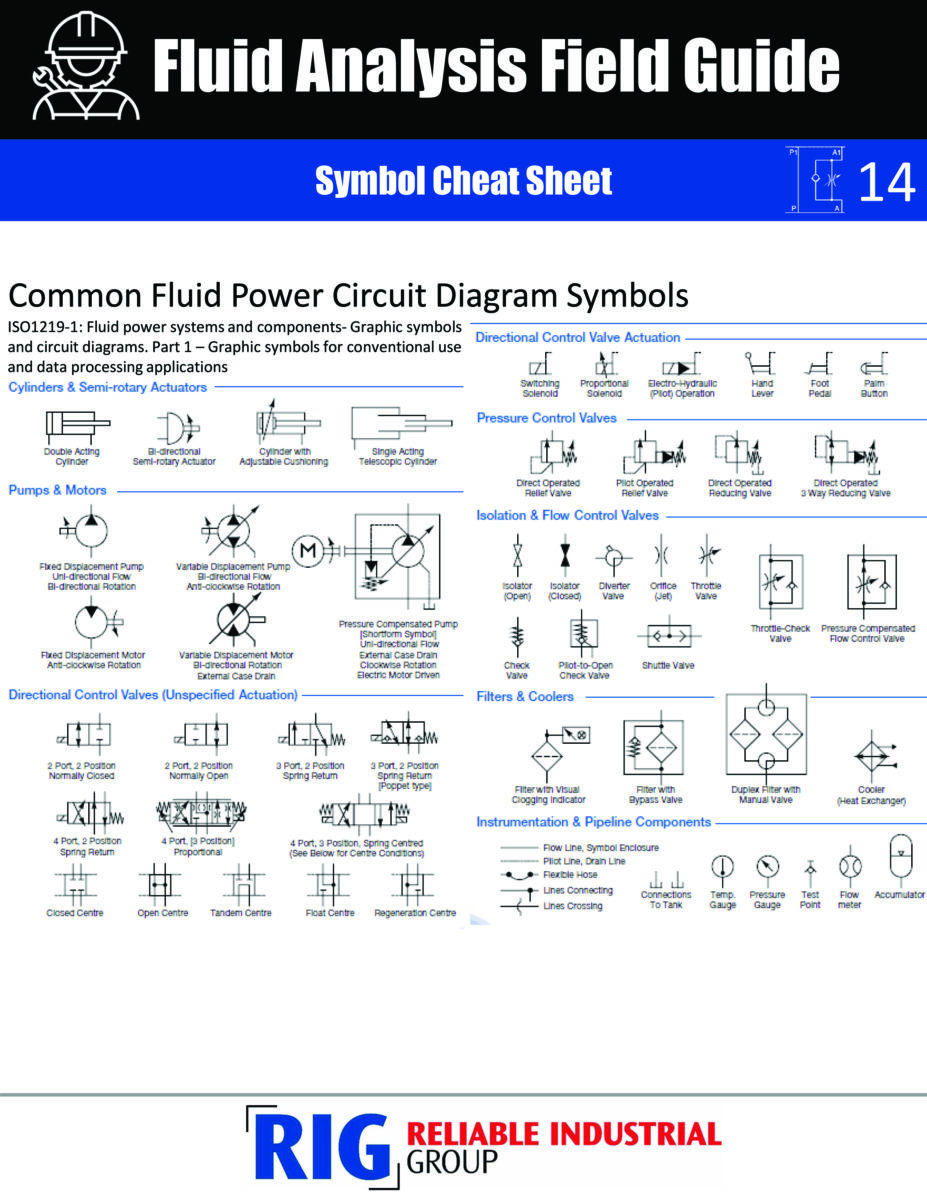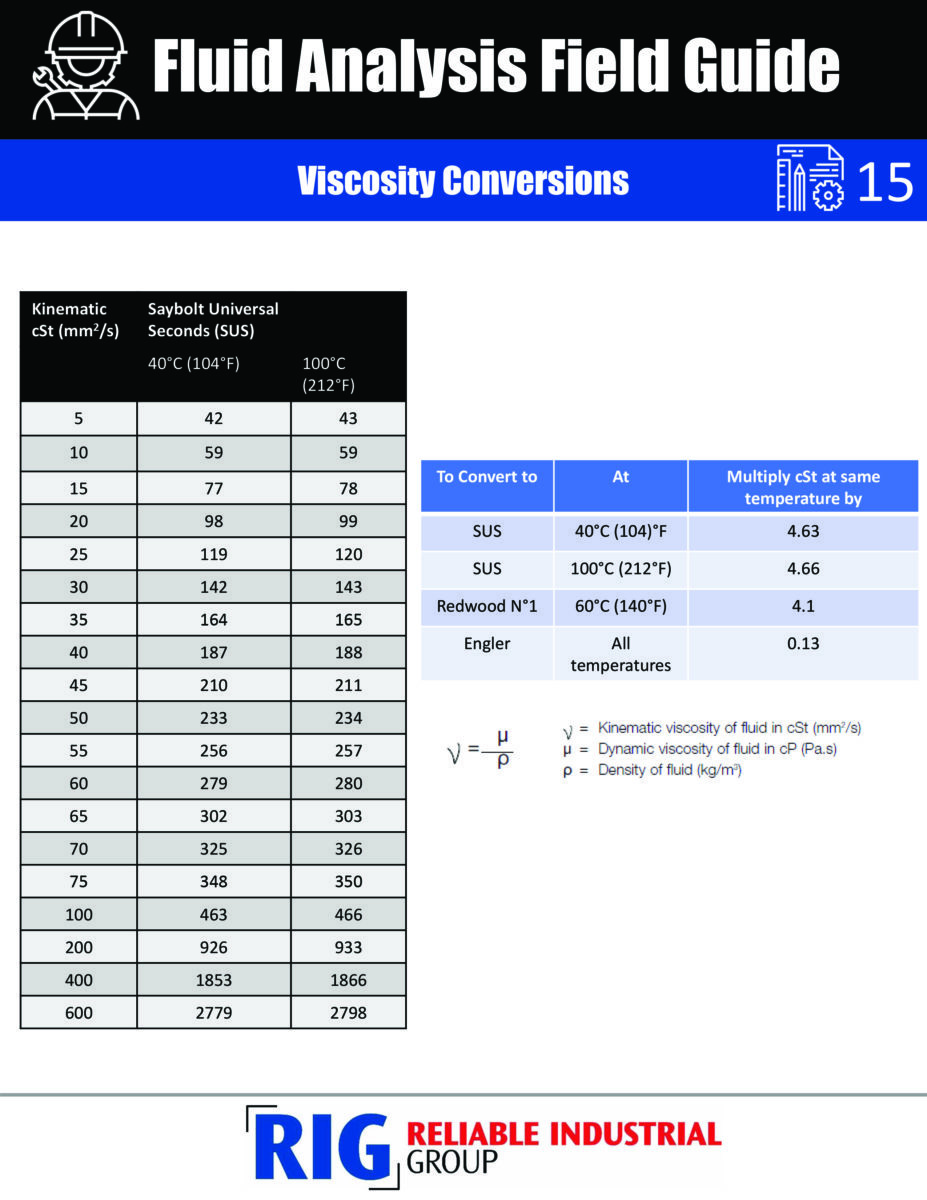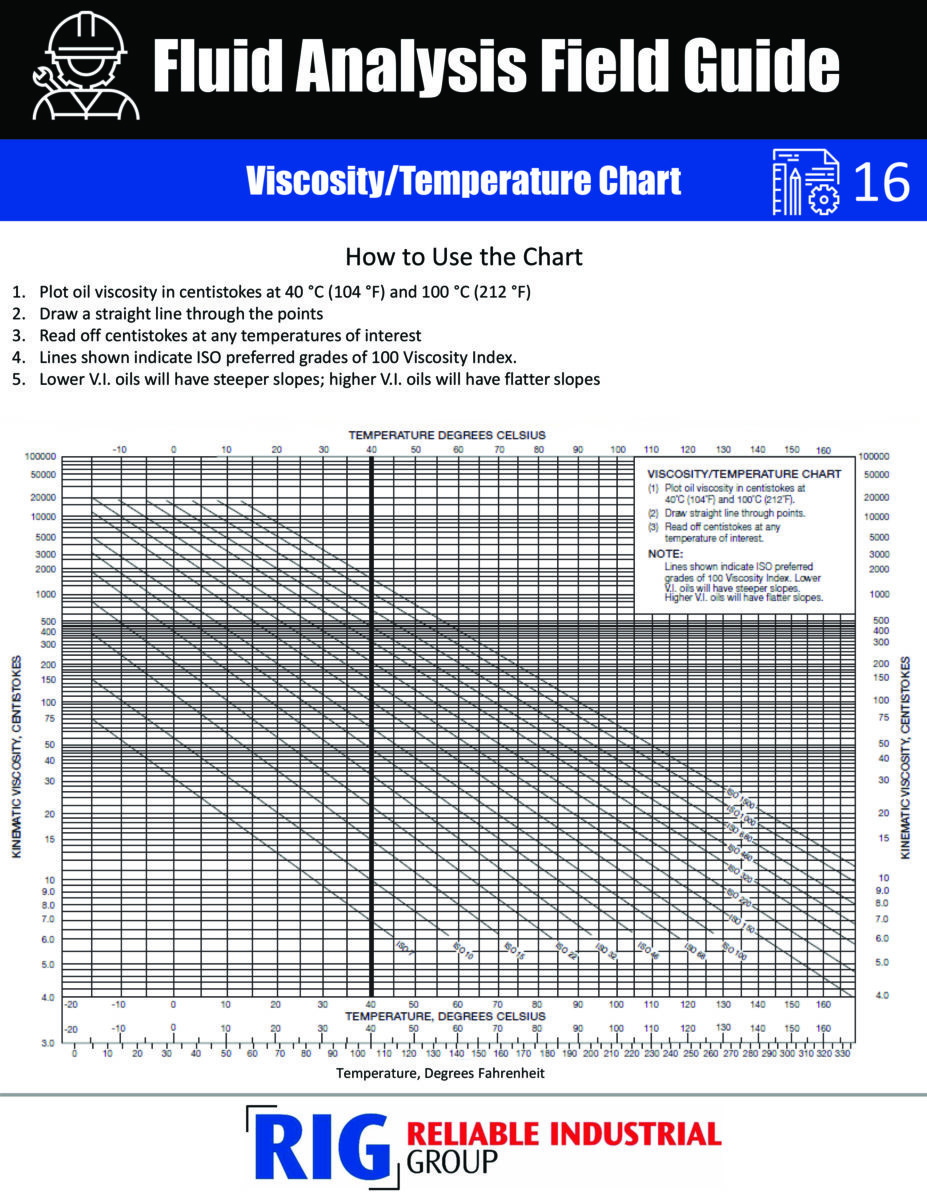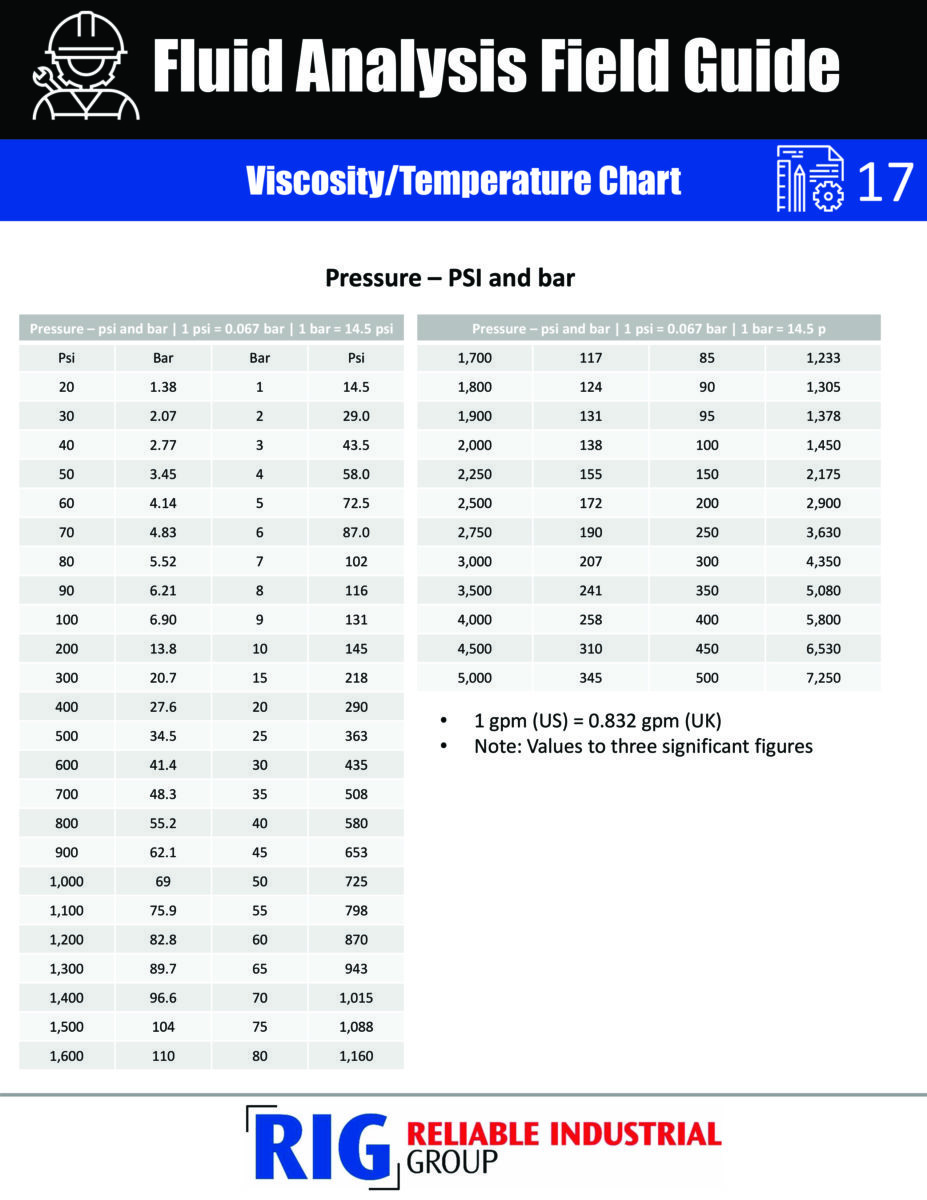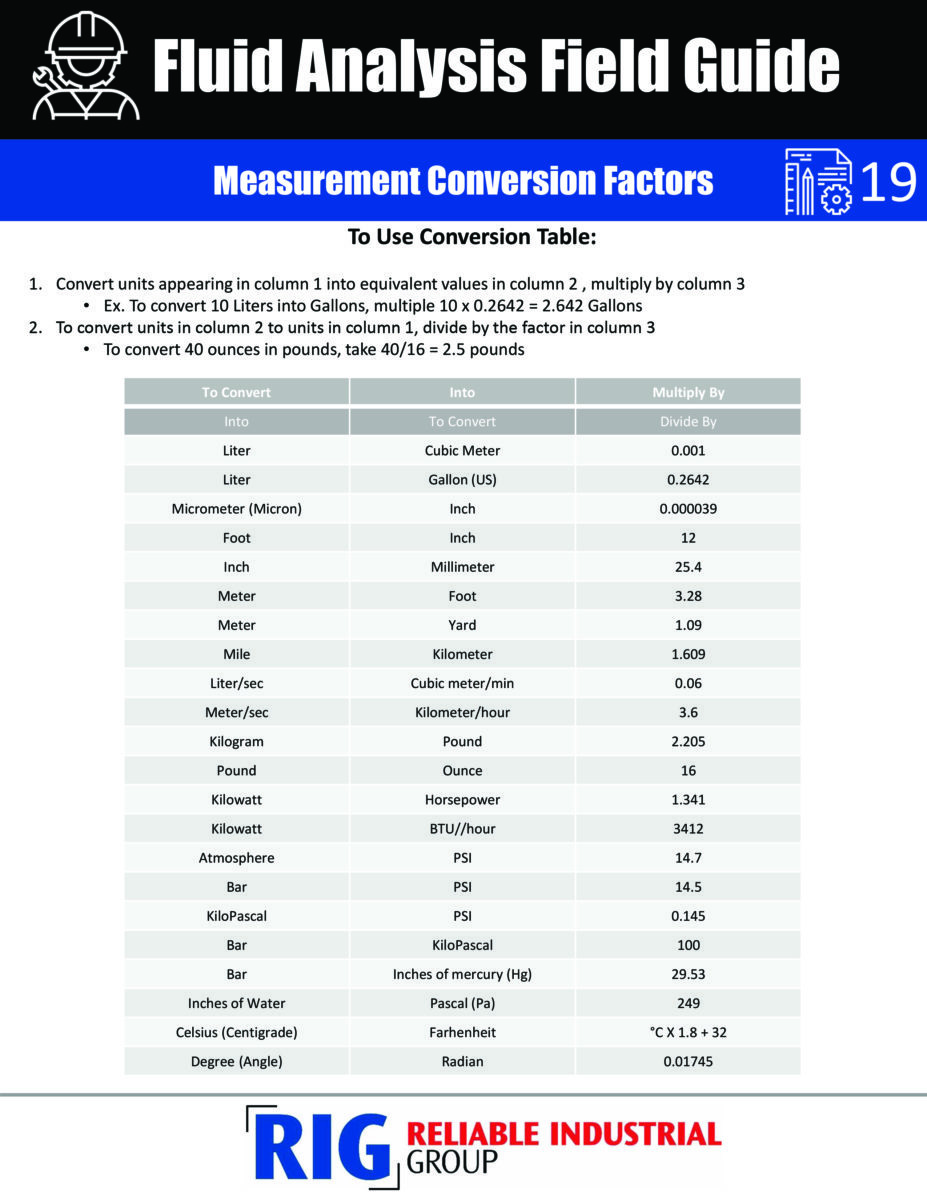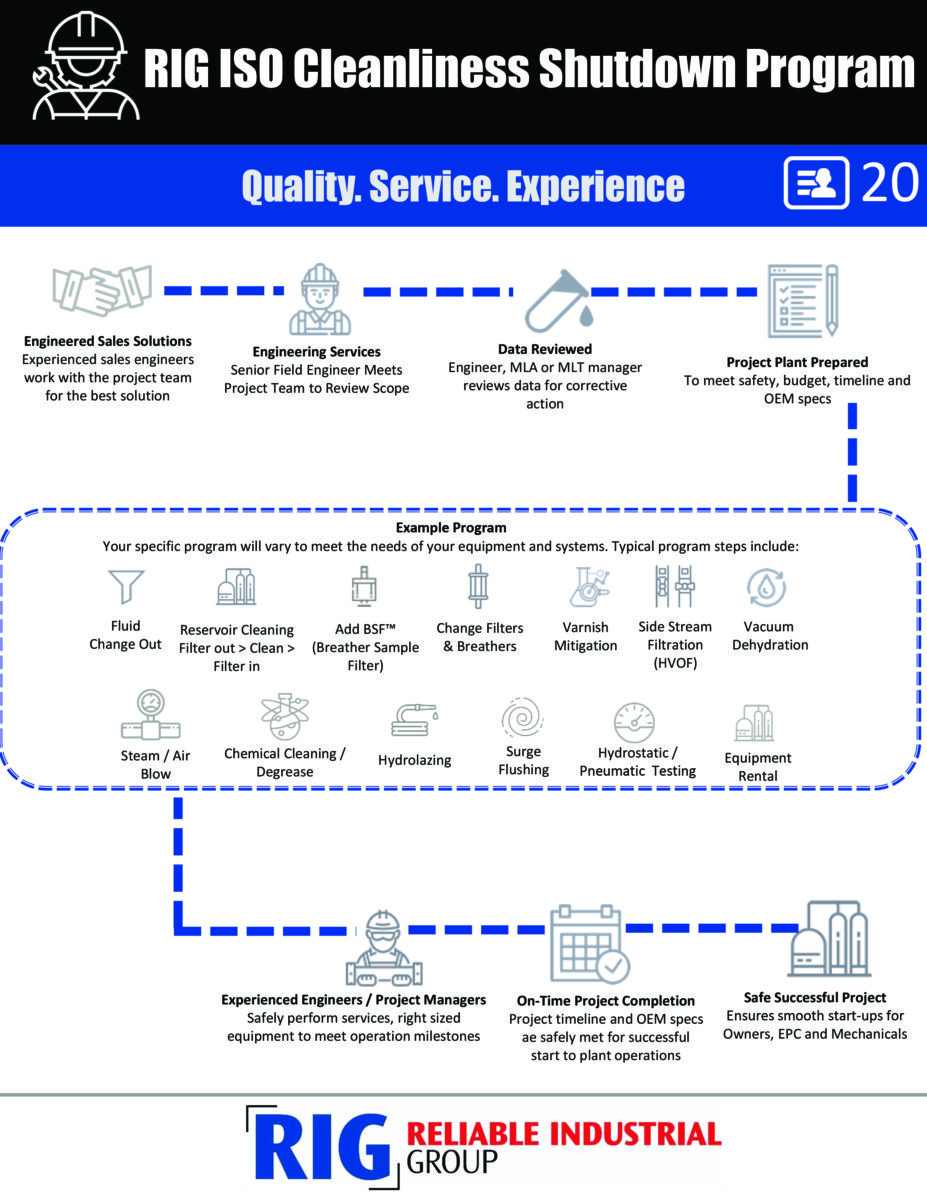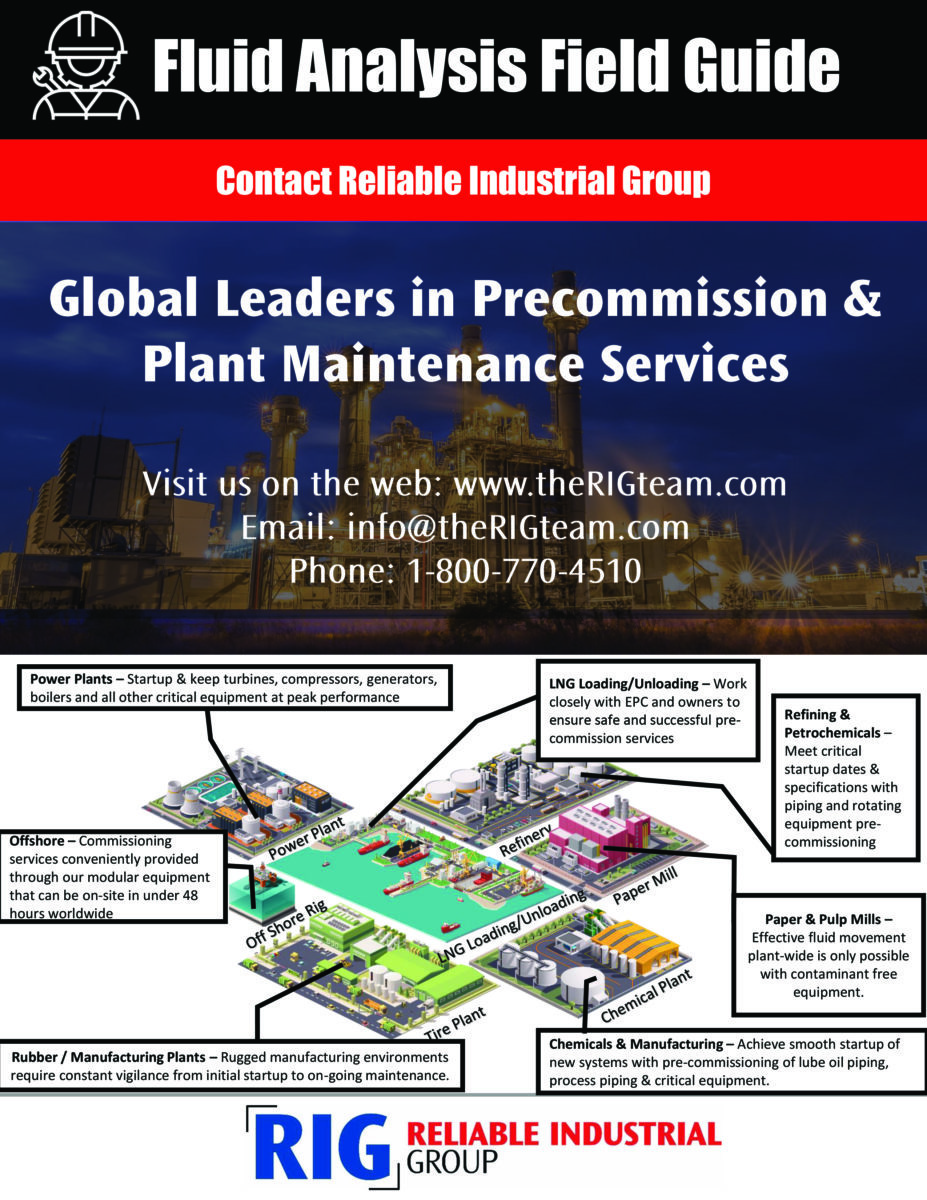- Mobil Serv has expanded its integrated lubrication services program to be an end-to-end solution for all plant commissioning, reliability and integrated service needs
- ExxonMobil and Reliable Industrial Group engineers will work with customers to deliver a full range of services including machine performance insights and on-site support
SPRING, Texas – ExxonMobil announced today it will expand its Mobil Serv℠ integrated lubrication services (ILS) program to provide a holistic maintenance solution for industrial operators in North America. Together with maintenance services provider Reliable Industrial Group (RIG), the Mobil Serv ILS program will be an industrial end-to-end solution for all plant commissioning, reliability and integrated service needs.
By utilizing RIG’s largest fleet of pre-commissioning and reliability service equipment in North America, the Mobil Serv | RIG team will be able to provide operators with end-to-end support for a range of services across a plant’s entire lifecycle, including vibration analysis and various flushing, oil-related preventative maintenance and pre-commissioning services. Most providers specialize in only one of these service categories.
Most importantly, this program goes beyond simple service execution. Through the Mobil Serv | RIG team’s lubrication and machine systems performance expertise – as well as services such as Mobil Serv Lubricant Analysis, energy efficiency testing and on-site inspections – operators will have better access to critical data and insights about their operations and can work with the team’s experts to build tailored lubrication strategies that help achieve their business ambitions. For larger operators, Mobil Serv | RIG will also be able to embed certified and well-trained technicians on-site at the customer’s location to help with daily program management and execution.
“In today’s increasingly complex operating environment, companies want partners who can be available on-demand and can serve all their needs,” said Matt Dinslage, ExxonMobil’s brand and strategy advisor for Mobil Serv in North America. “Our new relationship with RIG enhances our already strong field presence and ensures we can help customers build and execute maintenance solutions that help them achieve their productivity and sustainability ambitions.”
The enhanced Mobil Serv ILS program also includes training and consultative services to help operators navigate technology and workforce challenges related to the accelerating pace of technological change and the emergence of a new generation of workers.
The Mobil Serv | RIG team leverages decades of experience from around the world to help customers better interpret machine insights on their own. The team can also provide regular training to help younger generations of engineers learn quickly and help more experienced engineers take full advantage of today’s most advanced technologies.
“Cutting-edge manufacturing technologies – as exciting as they are – can’t help a business if its maintenance team doesn’t fully unlock its capabilities,” said Jason Bandy, president of RIG. “One of the most exciting outcomes of our relationship with the Mobil Serv team is that we will deliver insights and services to customers across the region while also working hand-in-hand with customers to train their teams to make some of these decisions themselves – helping improve the long-term success of their businesses.”
The enhanced Mobil Serv ILS program is available to industrial operators of all sizes across the United States, Canada and Mexico.
About Reliable Industrial Group
Reliable Industrial Group (RIG) (www.therigteam.com) has locations throughout the U.S. and Canada, with primary service operation in Houston, Texas, RIG performs technically advanced highly specialized industrial pre-commission cleaning, oil flushing, chemical cleaning, varnish mitigation, steam and air blows, hydrolazing and other emergency, pre and post operational decontamination services to guarantee system cleanliness on critical turbine, compressor and hydraulic systems in the US, Canada and Mexico. The company was founded in 1989 and is experiencing consistent growth by providing the market with technically trained operators and engineers. For more information please call 800-770-4510 or contact [email protected].
About ExxonMobil Fuels & Lubricants
ExxonMobil is one of the world’s largest suppliers and marketers of fuels, lubricants and specialties, including lubricant base stocks, waxes and asphalt. Tracing its lubricants history to the Vacuum Oil Company, formed in 1866 and acquired in 1879, ExxonMobil has been at the forefront of lubricant technology innovation for more than 150 years. Its breakthrough products have helped to power some of mankind’s greatest technological feats, including the first gasoline-powered automobile, the first electric generating system, the first powered flight and the first space shuttle launch, among others. Today, ExxonMobil continues to develop new lubrication solutions for tomorrow’s machinery, to help keep the world moving.


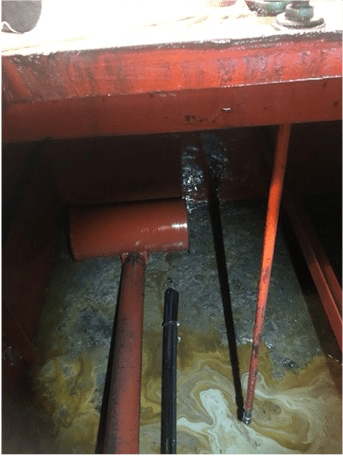
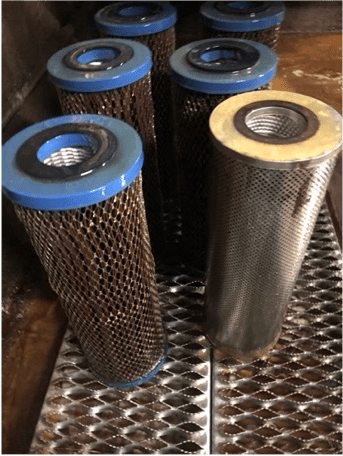 With todays technology for oil analysis we have gone to a conditioned based response. Condition based is great for monitoring current condition of lubrication in the system but many times at the cost of preventative maintenance of the lube oil reservoir and filters. As a service provider it is not uncommon for us to hear that the reservoir has not been cleaned for 10 years and the filters are great…been running on the same filter for the last 3 years.
With todays technology for oil analysis we have gone to a conditioned based response. Condition based is great for monitoring current condition of lubrication in the system but many times at the cost of preventative maintenance of the lube oil reservoir and filters. As a service provider it is not uncommon for us to hear that the reservoir has not been cleaned for 10 years and the filters are great…been running on the same filter for the last 3 years.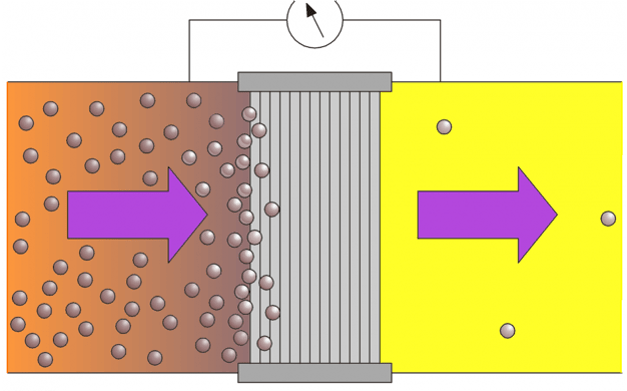
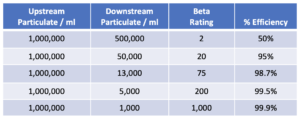 Selecting the right filter and doing a proper setup is a specialty area of RIG’s. We can walk you through the process and ensure both critical equipment safety and minimal downtime during setup and breakdown. Some general considerations:
Selecting the right filter and doing a proper setup is a specialty area of RIG’s. We can walk you through the process and ensure both critical equipment safety and minimal downtime during setup and breakdown. Some general considerations: